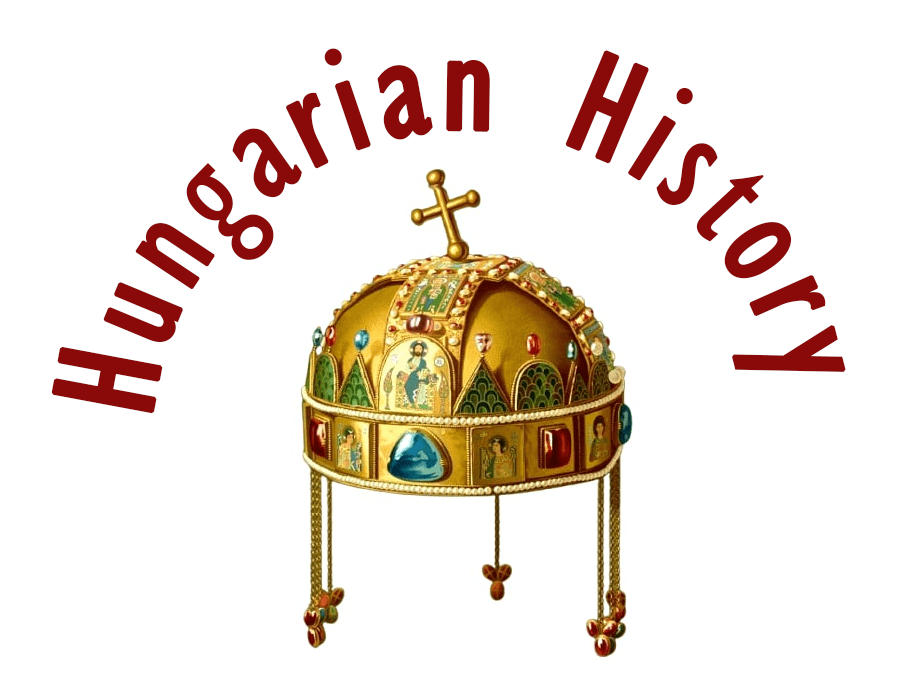After this unlucky day had gone, Pasha Ali decided not to take any chances. He expected Teuffel’s attack every hour and did not want to waste more men nor break the Muslim warriors’ morale. He acknowledged the defiant valiancy of this petty captain, however insane and suicidal it was. He smelled heroism here. All the same, Ali shrugged and issued his order to the Agha of the Topcus.
“Shell the place to shreds.”
The Topcus took delight in systematically turning the whole fort into burning embers, beginning with the palisade walls of the lower castle, then, breaking the fragile gothic towers and the buildings of the inner castle into fragments. After two days of terrible bombardment, there came no shots anymore from the pitiful remains. The defenders either all died or ran out of gunpowder.
The fourth day of the siege has come. Bonfires were burning on the tops of the neighboring hills which betrayed to friend and foe that no reinforcement would dare to relieve the defenders.
Szondy knew they were doomed. The cannons were silent and there was really not much to shoot at except broken stones and fallen roofs. The captain had emptied the lower castle right after the first two assaults and hid his remaining warriors in the cellars of the inner castle, among the women folks and the children. He had only three dozen people left and no gunpowder to fight with. His men were desperate, they had all sworn to fight to their last breath and would not forsake the king’s house.
A lonely figure in a black robe was approaching the castle from the enemy’s camp. The man stumbled through the loose stones of the outer wall and climbed up the hillside to the place that used to be the gate of the inner castle. Szondy could make him out now, it was Father Márton, the priest of Oroszi village. They all knew him well.
The priest was a good man. He said he was sent by Pasha Ali and begged the captain to surrender and save their lives, telling him that the Pasha seemed to be a reasonable man who valued their bravery and steadiness. But now, everything was in vain. There would be no help arriving, why should they waste more blood? Father Márton pleaded with tears in his eyes.
“The Pasha will wait only until midday for me to go back with your answer, Sir.”
“Well, then we have a couple of hours to get ready, don’t we.”
“For leaving the castle?” asked Father Márton.
“No, Father, to prepare our souls. Would you give us the last rites? Please, shrive and absolve us, Father, as it is befitting.”
Upon saying this, Szondy summoned his two pages Sebestyén and Libardy. They were there at once, in ragged and bloodstained clothes. The boys had taken their manly shares from the first fight and their Lord knighted them during the following night.
“Sebestyén, my son, go and open the secret tunnel for the womenfolk. Now they must depart and leave their husbands and sons. They have to reach safety while the Turks are waiting for our reply. Libardy, have the men bring out all the valuables we had hidden in the cellars. Build a pile and throw wood on it. Be dismissed.”
While Father Márton was completing his priestly work among the soldiers, Szondy fetched the keys of the dungeon and opened its door. Down in there, he had a dozen Ottoman prisoners of war. Marauders and rapers, they were caught while burning peasants’ homes. Scum of the Earth, riff-raff irregular villains from the Balkans. But two Turkish captives were of nobler kin, captured during a duel. He sought them out.
„Achmed, Ibrahim, get on your feet and follow me,” he ordered in Turkish. When they went up to the yard, Szondy saw that his pages had done his bidding and were standing to attention. The captain felt pity for them, they were so young and talented. His plan was taking shape, though.
“Yes, they deserve a longer life,” he thought and told them his new orders:
“Get yourselves washed and choose the best clothes from the valuable items piled up high in the middle of the yard. Then, make Ibrahim and Achmed do the same.”
When they were ready, Szondy opened his strongbox which had been brought to the courtyard along with the silver and gold items from the chapel and from the treasury chamber of the palace. He measured two sizeable bags of gold to each page and to each young Turkish prisoner.
“Now, Father Márton, listen to my word. We and our men are unable to go out of here, but I am sending my two good pages to Pasha Ali and these two Turkish noble lads as a ransom for their lives. Tell him to give my lads a valiant education and when grown, let them have their freedom to choose their fate. As for me, a decent burial of my remains would be much appreciated. Now, I ask for your blessing, Father, and then be off with you. Noon is almost here.”






